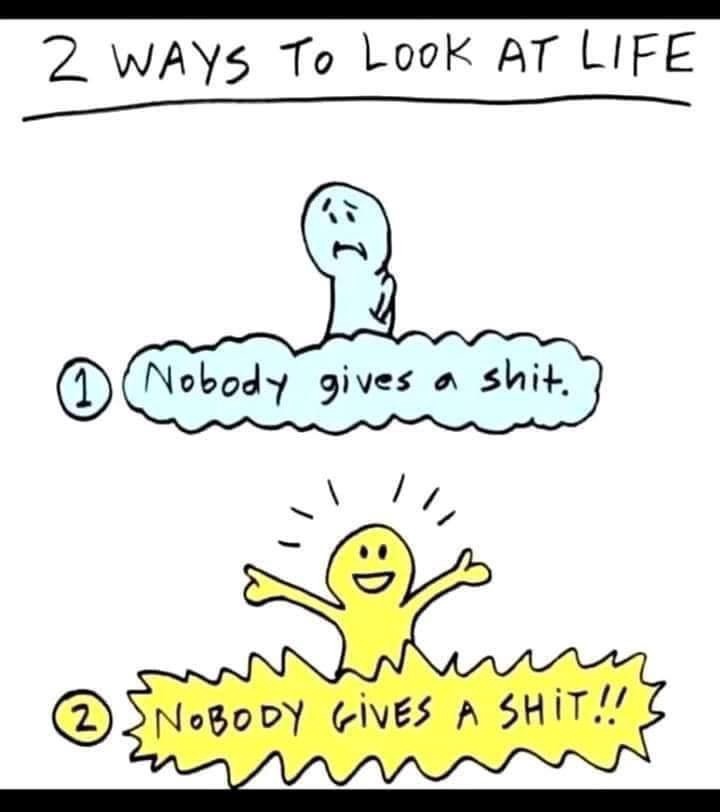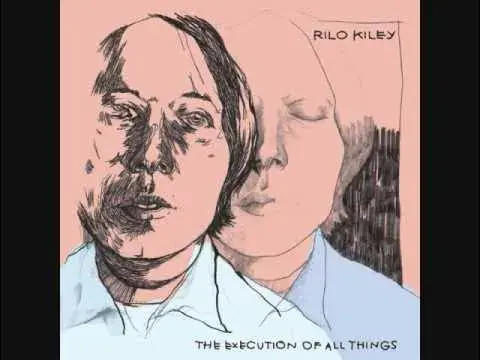- 5 Posts
- 5 Comments

 12·1 year ago
12·1 year agoI feel like at this point Google should ditch the annual OS level-up. Phones and their OSs have matured and pushing out a new version every year is just increasing the support Google has to provide without much benefit. I was running Android 9 until recently, and while I’m now on the 14 beta, I could easily see my current phone lasting long enough to outlive the current 5 years of security updates promised.

 2·1 year ago
2·1 year agoIt really depends on what you use as your comparative variables when you do research to determine whether police prevent crime or not. Police budgets don’t impact the crime rate all that much once you’ve got enough to have a functional police department. But, police presence absolutely does deter crime. Increasing the belief that you’ll get caught doing a crime is the main service police provide with their presence, which is why police visibility in an area decreases crime.
When it comes to gun violence, we’re talking about fairly small and steady change in the numbers over the last 10 years, with a spike thanks to the gun buying in the pandemic. Nearly all the increases in gun violence before the panic buying was from men between the ages of 18 and 30. That’s basically the exact profile of the type of person most sensitive to environmental changes in terms of their willingness/impulses to do crimes.
Anyway so one of the subtle changes from the protests is that police departments just aren’t as willing to project a presence in minority neighborhoods, essentially trying to reduce their responsibility for bad stuff when it happens, so gun violence has gone up sightly in the young male minority group because they likelihood of getting caught feels like it’s gone down.
Look, I totally agree that police budgets are insane and have no justification. They could easily do their job on half the budget, if not less. That extra money would be much better spent on social workers, subsidized housing, and a whole bunch of other shit that would reduce crime a million times better than an MRAP. But, exactly how police do and do not deter crime isn’t as straightforward as a yes or no answer.
It’s also worth noting that crime is at a historic low, and it’s really only very specific types of crime that have seen a very small increase lately.

 3·1 year ago
3·1 year agoEh, sensational gun violence is not the same thing as statistics. You always hear about police shootings and mass shooters, but they make up a tiny number of the total violence. The gun violence rate is probably going to hold steady this year, and might even drop, given that the economy is doing a good job in recovering from the pandemic disruption.
I think, at this point, with most people pretending like COVID doesn’t exist anymore, we’ll continue to have strong health effects from the pandemic, but probably not much else outside of those direct effects.
You miiiiight be able to make some claim about economic hardship through people who have to support others with long COVID and other COVID related health problems, but I don’t think it’s enough to show up in the gun violence statistics.

 1·1 year ago
1·1 year agoDang, you know, most of the time when gun violence in America gets brought up it’s not with a particularly level head, but that article was pretty straightforward. About the only critiques I have being that:
-
Adding COVID-19 the list of things that kill fewer minors than guns is kinda weird, since the standard understanding is that minors are the least likely to experience strong negative effects from COVID-19.
-
Some of the increase in deaths in longer-term statistics for minorities comes from decreased policing, which itself is a response to the anti-police protests that have been going on since around 2014 or so. It should be fairly obvious that if police step back from your neighborhood, crime will go up.
But overall, spot-on. More guns = more gun deaths. They didn’t touch anything about the economic factors that lead to violence, but it was a very short statistics focused article, so I’m not gonna complain about that. That sort of analysis requires long-form journalism.
-







I wish I could reproduce it. Somehow running it in split screen (which goes force it into vertical) caused it to stay vertical even after I opened OSRS by itself. But, no matter what I’ve tried since I can’t get it to do it again.